The Lonely Fight of Novorossiya:
A review of Pavel Gubarev’s book The Torch of Novorossiya
By Jacek C. Kaminski for Geopolityka
Translated by J. Arnoldski for Fort Russ
Fort Russ
Posted at Quemado Institute
April 1, 2016
Part I
Pavel Gubarev’s book The Torch of Novorossiya is an extremely important source for understanding the essence of the dramatic political and military struggles now taking place in Ukraine. We are dealing not only with the testimony of an important participant in the events, but also the bold forecasts of a political visionary which have a fair chance of being realized.
In Poland, the 32-year old figure of Pavel Gubarev might be forgotten, but in Ukraine, and especially in Donetsk, he still has a considerable number of followers. We recall that the author was one of the initiators of the uprising in Donbass which led to the proclamation of the Donetsk People’s Republic and the civil war in Ukraine. After the victory of the Euromaidan in Kiev, he initiated the creation of the People’s Militia of Donbass which became the core of the DPR army. On March 1, 2014, Gubarev became the People’s Governor of the Donetsk region, a development which gave the signal for an uprising against the Euromaidan putschists of Kiev.
After being detained by the Security Service of Ukraine (SBU) within a week, he was released months following his arrest in the course of war prisoner exchanges thanks to the efforts of the rebel garrison in Slavyansk and the legendary Colonel Igor Strelkov. During the war, Gubarev organized logistics and supplies for Slavyansk after being stormed by soldiers of the Kiev junta and he stood at the head of the “Novorossiya” political movement. He now holds some criticisms of the current authorities of the people’s republics of Donbass, but he nevertheless believes in the realization of his idea of a Great Novorossiya. His proposed vision makes up one of the parts of the publication.
 The book consists of around 400 pages and is divided into two separate parts. In the first part, Pavel Gubarev remembers the events of the so-called Russian Spring in Ukraine instigated by the February coup in Kiev in 2014. In the second part, he outlines his vision of the socio-economic system and postulates as to the political system of the state of Novorossiya.
The book consists of around 400 pages and is divided into two separate parts. In the first part, Pavel Gubarev remembers the events of the so-called Russian Spring in Ukraine instigated by the February coup in Kiev in 2014. In the second part, he outlines his vision of the socio-economic system and postulates as to the political system of the state of Novorossiya.
Discussing the political events of tumultuous 2014 in chronological order, he also points out the origins of the resistance movement and comments on the socio-political conditions which caused the residents of Donbass and other regions of South-East Ukraine to revolt. The immediate spark that led to this was, of course, the notorious Euromaidan and the resultant seizure of power by pro-Western oligarchs and ultra-nationalist Banderites. This situation was unacceptable for the pro-Russian oriented population of Southeastern Ukraine.
The author also draws attention to the deep social basis of the rebellion: “The collapse of the Soviet Union and ‘liberal market reforms’ brought hell. Deindustrialization, poverty, wild corruption of the ‘elites’, insane social stratification, and the extinction of the indigenous population,” Pavel Gubarev writes. This process is compared to an overrunning of the country by barbarian hordes. Supposedly independent Ukraine was rendered dependent on the West and ruled by a parasitic class of oligarchs. “Becoming ‘independent,’ Ukraine turned into an impoverished country, a territory of degradation and savagery,” Gubarev suggests. The victory of the Euromaidan meant an overflowing of the cup of bitterness of the pro-Russian minded residents of the [southeastern] regions.
In the case of P. Gubarev, the factor which motivated him to fight was his apocalyptic vision of the future of world capitalism, whose degradation of Ukraine was only the prelude. “Everywhere, ordinary people are confronted with what degrades them into enslaved cattle and forces them to exist in some kind of charmed circle. Even in the esteemed West, the praised welfare state is a thing of the past. Everywhere the rich are becoming more and more of a closed caste, the middle class is being eroded, and the majority of people are being impoverished. Everywhere the majority of people are pushed away from power.(…) The 21st century will become the ‘bitter age’ for the masses. The trend is obvious – the rich will become even more richer and powerful(…)And their subjects are waiting for progressive atomization. For the first time in many centuries, they are becoming physically and mentally weaker than their masters.(…) Ukraine’s place in the new reality is unfortunate. It will become one of the poor, diseased states,” the author prophecies.
The Anti-Oligarch Uprising
The anti-oligarch uprising in Donbass was supposed to protect the region from the fate of plummeting into the abyss with Ukraine. The uprising’s initiator, Gubarev, reveals many interesting facts of the political “kitchen” of the anti-Maidan movement. He emphasizes first and foremost that the social explosion in Donbass was led by the actions of a handful of activists who gathered together spontaneously without any movement and whose efforts culminated in the warmer days of March 2014 in the People’s Militia of Donbass.
The reign of the oligarchs, including the last of their team, Victor Yanukovich, had led an almost complete sterilization of the country’s independent political groups, especially those with a pro-Russian orientation close to the spirit of the author’s Russian (All-Russian) national idea. Organizations such as the Progressive Socialist Party of Ukraine, which Pavel Gubarev represented as a local councilmen for short period of time, were effectively marginalized by financial and administrative factors. They were unwanted competitors of the Party of Regions in the struggle for the votes of the pro-Russian electorate.
According to Pavel Gubarev, Russophobic “non-governmental organizations” had complete freedom of action thanks to financing from the West. They conducted intensive work among youth with the aims of nationalist or liberal indoctrination. They also worked in Donbass, but there they found themselves on exclusively ungrateful soil. The author estimates that at the moment of the explosion of the Euromaidan, Western NGO’s had an army of 150,000 so-called volunteers, or paid activists, in Ukraine. On the other side there was only the bureaucratic structure of the Party of Regions, the majority of whose “regionals” joined the victorious camp after the first shock. Gubarev describes his impressions of the congress of the Party of Regions in Kharkov on February 22, 2014: “It became obvious that the ‘elite’ organized in the Party of Regions decided not to go up against the competing group which won on the Maidan. Moreover, one could feel their reluctance to fight, their passivity, their weakness, and fear.”
“Then it became clear to me: no one will protect us except we ourselves,” he summarizes the moment of his decision to participate in the resistance movement.
It is necessary to emphasize that during the eight years preceding the Euromaidan, Pavel Gubarev remained aloof from politics, busying himself with an advertising agency and family life. Only this breakthrough led him to begin gathering his widespread ideological friends based on personal contacts and social networks on the internet. He scavenged the first money for activities, $40,000, by stripping his own firm. Set up in this way, an ad hoc group of several dozen people over the course of literally a few days “swung” Donbass, escalating the rebellious mood. “What our enemies developed over years and decades we had to create in a hurry, in the space of a few days.(…) Propaganda, propaganda, propaganda. As in the days of Lenin and his ‘Spark’” – he recalled. The task was made easier thanks to the fact that a social basis for such a movement already existed. “We became the trigger that launched the organized resistance movement in Donbass,” Gubarev summarizes.
Even though it was hoped for a long time that it would be possible to avoid armed confrontation with Kiev, it is no secret that one of the main tasks of the group from day one was acquiring weapons. It was hoped that the Kremlin would come to the aid of rebellious Donbass and the other regions of South-East Ukraine with the variant of peaceful annexation of these territories to the Russian Federation as was realized with Crimea. This calculation was based entirely on knowledge gained from the media, because Gubarev had no contact with Moscow. He discloses that the first such contact appeared only on March 5, the day before his arrest and already after the first storming of public administration buildings, when his mobile phone was called by Vladimir Putin’s advisor, Sergey Glazyev. “The phone call literally shocked me. Glazyev said the he supports our deeds in the anti-fascist struggle. These simple words gave me strength,” Gubarev recalls.
Against the Ukros
The leader of the resistance of Donbass defends his decision to arm his supporters. “Raging Ukro-Nazis were beginning to destroy Soviet monuments. Were we supposed to dutifully wait until this crazy beast came to us? Or were we to lay down our heads before the heirs of the Hitlerites and their indigenous henchmen?(…) Time quickly showed that we were right. In Odessa, where the “Kuliovo Field” movement decided not to take up weapons in hand and did not worry about the force of the authorities but instead hoped to peacefully collect signatures for the autonomy of Novorossiya, their people were simply burned alive. In Zaporozhye, a rally was brutally broken up by force.”
He argues: “In Kharkov, the pro-Russian scene agreed to cooperate with mayor Gennady Kernes. Our friends from other regions of Great Novorossiya made a huge mistake: they agreed to cooperation with the local elite which soon sold them out, and they found themselves in the dungeons of the SBU.” In Donbass, the decisive factor was actually the rejection of any cooperation during the first few days with local politicians and officials, especially with the team of the “owner” of the region, Rinat Akhmetov. Gubarev stresses that the March uprising was simultaneously fighting against both the Kiev junta and the local oligarchs.
In the book, Gubarev cites his associate Sergey Tsyplakov on the interesting case of psychological breakthrough that came with weapons, violence, and the defensive fighting: “On March 7 or 8, I considered the SBU’s breaking into Gubarev’s apartment with the aim of seizing his personal belongings to be unacceptable, so on April 8 or 9 I purchased 10 firearms from bandits. The psychological barriers hindering operation in combat conditions quickly collapsed.”
The key period after Gubarev’s arrest and the occurrence of incidents in Donbass are described by the author when recalling the memories of his colleagues. He proudly underlines the fact that his exclusion from action did not break the resistance which had already acquired a dynamic of its own. He especially emphasizes the role of his people in establishing contact with Strelkov’s group and helping to transport it from the border to Slavyansk, which became the bastion of the nascent Donetsk People’s Republic. The retelling of this expedition reads like a spy novel and Strelkov’s figure itself is controversial.
Gubarev recalls in his superlatives: “[He was] the most brave and most honest person. An unselfish patriot. I would not present him as a genius of all time, but he was in the right place as a commander.”
Part II
Russia left us
A sense of regret and bitterness associated with Russia’s idleness towards the uprising in Donbass traces the entire part of recollections. Pavel Gubarev believes that the Crimean scenario in South-Eastern Ukraine could have been repeated with little effort. He argues that the local elites and army could have been simply bought.
“If at this point Russia opted for a ‘Crimean variant’ in Donbass, dizzying success would have awaited. The local government had no will to resist. The armed forces of Ukraine consisted of only 17,000 capable fighters in total. Even the Spetsnaz could not fight decently, as they demonstrated later in Konstantinovka. The local police were ready to give themselves up.
Cities could have been taken for little money in contrast to the costs of war. The city’s local law enforcement leadership asked for 50 to 200,000 dollars for their subordination. Buyny led negotiations, but the People’s Militia didn’t have this money. So they took cities by force.(…) It was possible to buy off the police, the SBU, and chiefs of the local units of the army for a few million dollars. They did not want to meet in combat. It would have been possible to do what the US did in Iraq in 2003 when it simply bought Hussein’s generals. Then we would have had not only the Donetsk and Lugansk republics, but all of Novorossiya” – Gubarev maintains.
The reasons for Moscow’s passivity are spotted in the weakness of Russia, the semi-colonial, commodity nature of the Russian state and the significant position of pro-Western liberals and oligarchs in the country’s government. Although, of course, he appreciates Russia’s material aid to Donbass in fighting and the participation of Russian ‘vacationers’ in the successive counteroffensive in summer 2014. He does not hide his bitterness towards the current state of the Donetsk People’s Repblic, which is not realizing primary principles of democracy and is repeating the bureaucratic model established in the Russian Federation. Gubarev regrets that the political influence of Akhmetov in Donetsk has been partially restored. But the second, programmatic part of the book is dedicated to the subject of how to counter this weakness. Perhaps the greatest satisfaction of Gubarev is the fact that, as a result of the uprising, “the population began to turn into a people in front of our very eyes.”
The popular left In order to better understand the main provisions of Pavel Gubarev’s program, it is necessary to know his political worldview, as it transcends the usual division between right and left. The leader of the “Novorossiya” political movement declares himself to be “white-red,” i.e., Orthodox and conservative in the sphere of morality, but radically left on questions of political and socio-economic systems. This synthesis was propagandized by Gubarev through the flag of Novorossiya which contains the blue cross of the patron Saint Andrew of Russia against a red background, which is the symbol of socialist and communist movements.
Although to a significant extent their inspirations were Orthodox and religious in nature, the thinkers and ideologues of 19th and 20th century Eurasianism did not reject Marxist thought. A preliminary outline of Eurasianism’s worldview reinforces fascination with Russian Cosmism and such writers and theorists as Konstantin Tsiolkovsky or Ivan Yefremov. “Cosmism instilled a strong belief in the limitlessness of our capabilities,” Gubarev admits. For this reason the portraits of Russian pioneers of space exploration – Konstantin Tsiolkovsky, Yuri Gagarin, and Sergey Korolyova – hang in his office. Gubarev stresses that what he is attracted to in Yefremov’s works is “the world of high people – sailors among the stars who live in a borderless society more advanced than capitalism.” Despite his moral conservatism, he declares: “It is necessary to go forward, there is no road backwards to the archaic.”
The starting point for Gubarev’s political mission is Novorossiya, which he considers his closest Fatherland. This was an historical region of Tsarist Russia, the boundaries of which approximately coincide with the area of South-Eastern Ukraine (although Gubarev underlines that this also includes Transnistria and the Russian regions of Rostov, the Kuban, and the Stavropol). This country, according to him, should become detached from the territory of Ukraine, to which it does not historically belong despite its proximity. Due to its economic potential, a wisely governed Novorossiya could become the center of revival of the entire Russian World, i.e., the community of the civilizational and national “Russian” peoples who include Great Russians, Little Russians/Ukrainians and Belarusians. Gubarev stands for the pre-revolutionary unity of the Russian people composed of these three elements.
The separation of Novorossiya from a Ukraine suffering a worsening economic crisis and the paroxysm of anti-Russian nationalism is not considered to be a manifestation of separatism, but, on the contrary, the desire to unite the lands of the former Russian Empire and USSR – firstly through some form of reintegration of Novorossiya with the Russian Federation, and then in the long term the rest of Ukraine. He is a supporter of the restoration of the Russian Empire which he perceives as the opposite of “Khutorization,” i.e., the tendency to create small nation states out of ethnic nationalisms. The Empire, on the other hand, is a pluralist community of many nationalities who share a common, Russian civilization. “Russians have always lived peacefully and will live peacefully with indigenous peoples in this vast ecumene. In the Russian Federation (of Great Russia), we live together with Turks, Ugro-Finns, the mountain peoples of the Caucasus, and the peoples of Siberia and the North. In Novorossiya, we live with Greeks, Tatars, Gagauzi, Bulgarians, and Moldavians/Bessarabians,” Gubarev emphasizes. This unifying idea defines Russian civilizational nationalism.
Gubarev sees the capitalist system as the main enemy, which he considers to be anti-Christian. The alternative is the idea of Orthodox socialism. Why Orthodox? Here the answer is simple: “Well what should it be? After all, not Buddhist, and not Muslim, because Russians are an Orthodox people by faith and culture.” According to Gubarev, the oligarchy must be destroyed as it is a “criminal element” and “our mortal enemy.” The property ruled by the oligarchs should be returned to the people because it was “constructed by the Soviet people.” However, this does not mean a complete rejection by Novorossiya of private ownership of the means of productions, especially in the form of small and medium-sized enterprises. The economy should be multi-sectored while strategic industries should remain in the hands of the state.
In addition to the religious and culturally conditioned basis of socialism proposed by Gubarev, he believes that the successful realization of socialist solutions in Novorossiya will be tempting for others, not only for Ukraine and Russia, but on a global scale. This new socialism would not be a copy of the system that existed in the USSR. Although he appreciates the social and state-building achievements of the Soviet Union, he considers the bureaucratic system prevailing in the Soviet state to be the reason for its collapse. The new socialist state would be based on the principle of government by the people realized through a system of territorial government councils with elements of direct democracy.
Gubarev claims that modern parliamentary elections in capitalist countries are fraudulent because only those who have massive money at their disposal can win. People’s power in politics must be complemented by people’s power in the economy. “One without the other is dead, ephemeral, and short-lived,” he says. Institutions for workers’ self-management in the public sector, the private sector, as well as the social sector would represent the foundations of such economic democracy.
“Novorossiya will be a country of new soviets, a country of ceaseless people’s power and as such will be a country of economic democracy. It will be a country in which Justice prevails,” Gubarev prophesies.
The Third Way
In his book, Pavel Gubarev presents a lot of detailed, interesting systemic solutions, first and foremost in the sphere of enterprise management and economic planning, weapons being a necessity. On the question of management, he refers to interesting solutions tested with certain success during the times of the USSR such as the “authentic formula,”, the non-state cooperatives of Mohammed Chartaev in the ’80’s, and the “Compass” system of Valery Vodyanov which allows the crews of enterprises the right to decide on a portion of the wage fund. He proposes to establish economic planning across the state based on the cyber system “Cybersyn” which was introduced by the British scientist Stafford Beer during the reign of Salvador Allende. “We can pick up the banner of the great Stafford Beer who worked on the ‘Cybersyn’ project and the system of planning and people’s government for Chile where national-democratic forces headed by Salvador Allende won in 1970,” Gubarev states.
Outlining his views, Pavel Gubarev speaks of a synthesis of “white” and “red,” yet his political thought seems to be fairly eclectic. Despite this, it undoubtedly constitutes an interesting attempt to implant socialist ideas in the conditions of a morally conservative post-Soviet society. It also represents a search for a way out of the tragic economic situation in which Ukraine is immersed and offers answers for a struggling Russia searching for its own path. From a Polish point of view, the very idea of Orthodox socialism might seem exotic and strange, but such thoughts are alive and well in certain circles of Moscow Orthodoxy. The prominent priest of the Russian Church, Vsevolod Chaplin, argues that the goal of Orthodoxy is socialism:
“We have proposed the economic system of socialism, and if not for the military influence on the situation by the West…(…) this situation would have been resolved by economic methods, and not by military or political pressure. Otherwise, the entire world would already be socialist, because it is the best system.(…)Of course, we like socialism,” he said in an interview. It is clear that this is a socialism without the Marxist, materialist framework. That being said, the attempt to connect socialist ideas with Christianity can also be found in Latin America, where its strongest expression is the Chavista idea of Socialism of the 21st Century.
Regarding the recollections section, one can say that the author is a bit silent on the other political forces and groupings which participated in the anti-oligarchical uprising such as the organization “Oplot”, the progressive socialists, one of whose leaders, Alexander Kharitonov, became the first People’s Governor of Lugansk, and the communists of Donbass thanks to whom the Donetsk People’s Republic’s declaration of sovereignty adopted such a socialist face as that which is dear to Gubarev. One can, however, understand such an approach seeing as how the essence of the book is the quite subjective record of events as seen from the perspective of Pavel Gubarev himself and his closest associates. It does not aspire to the rank of being a comprehensive account of the crucial historical moment in which Donbass had its place in 2014.

Pavel Gubarev (–liveinternet.ru)
Source: fort-russ.com/2016/04/review-of-gubarevs-tell-all-torch-of.html


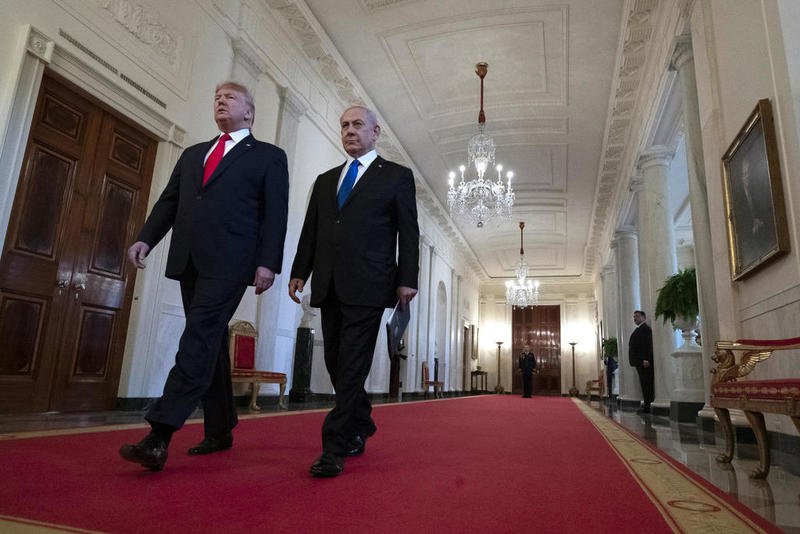

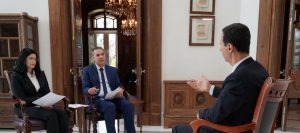
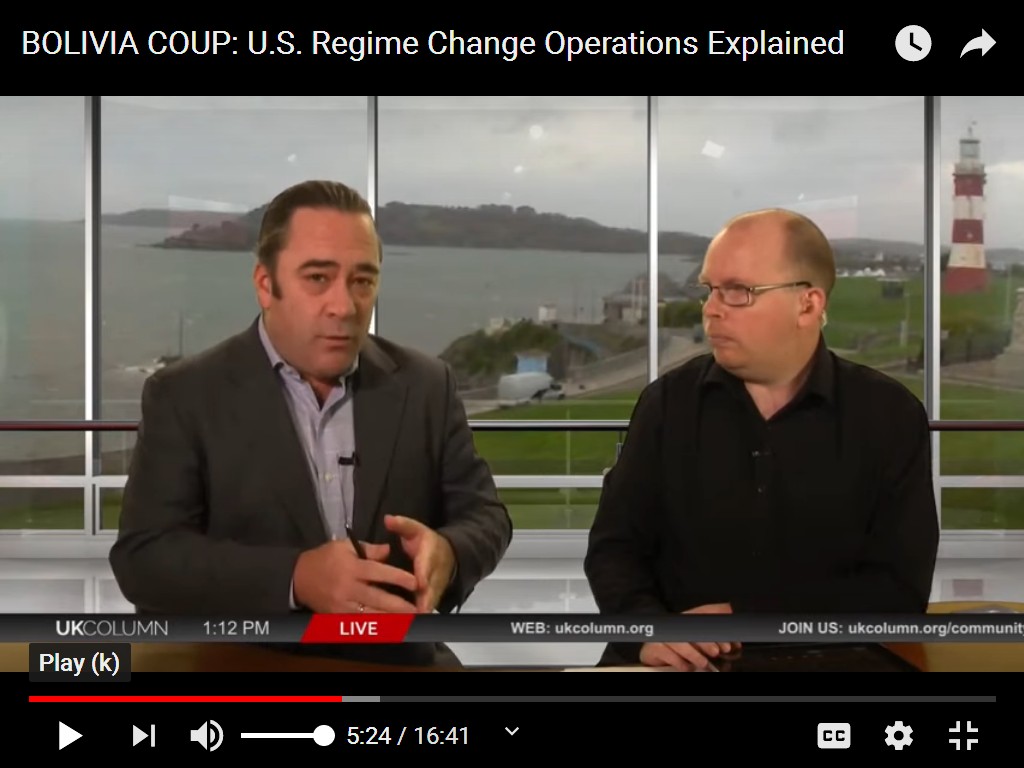


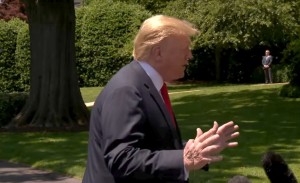
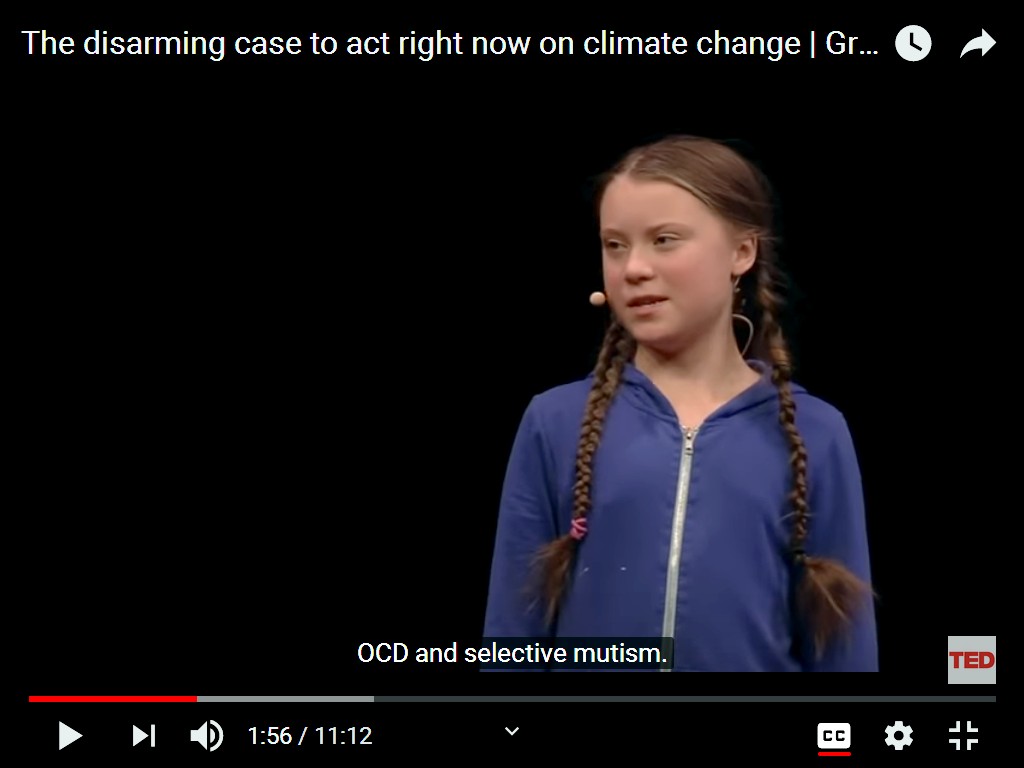




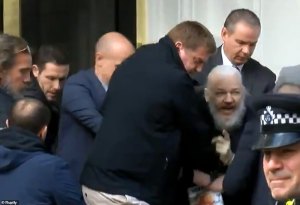


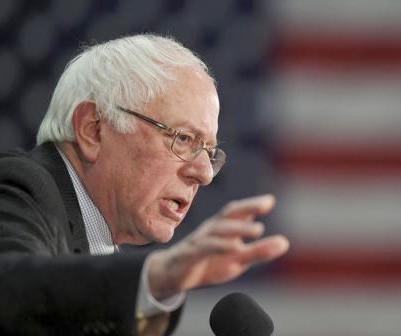








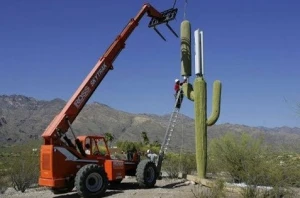

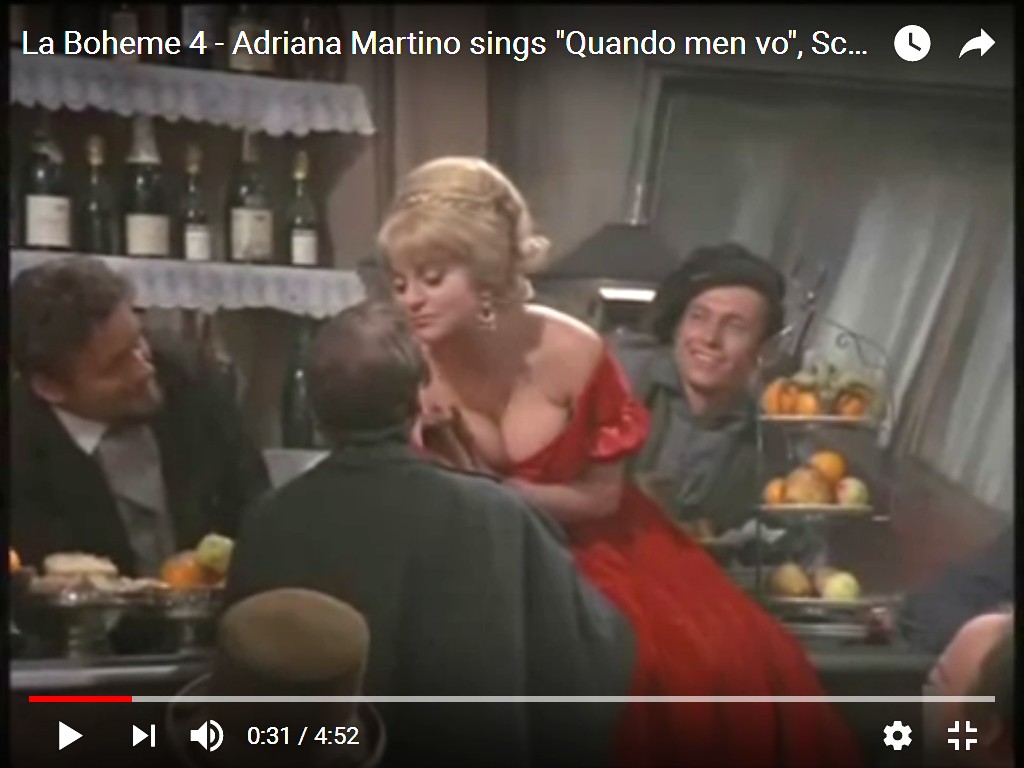
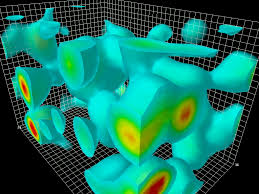

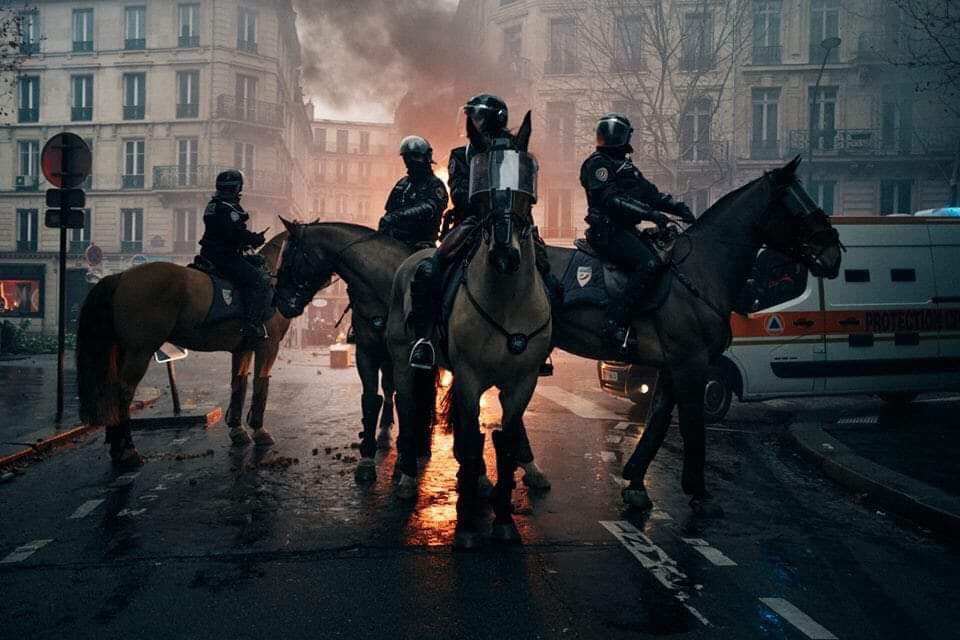
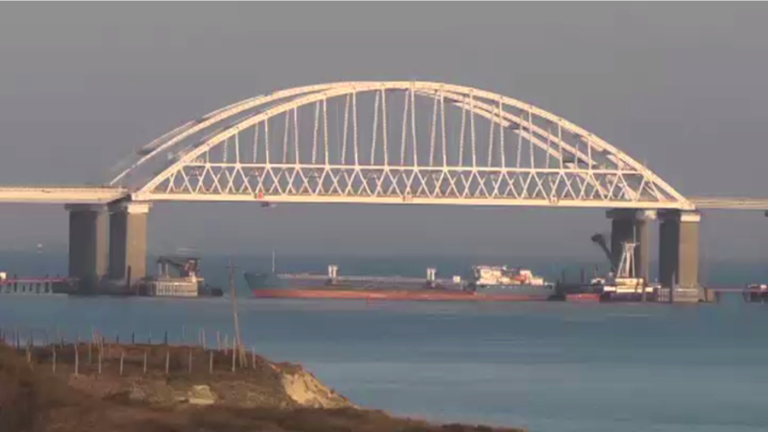
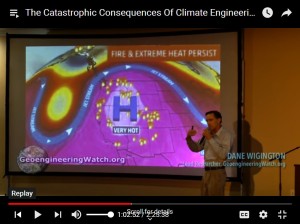







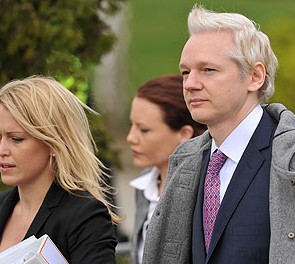









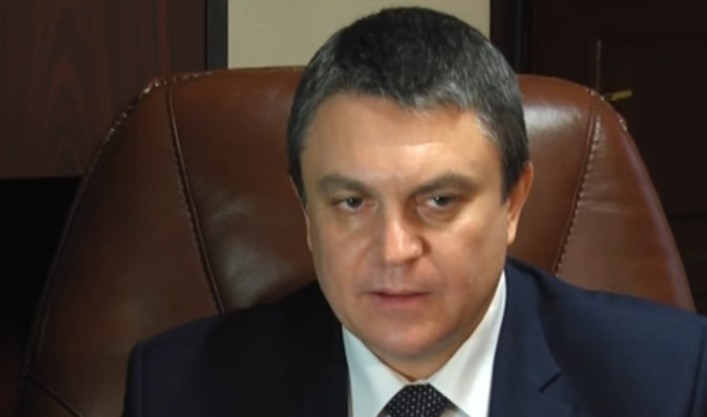






Discussion
No comments yet.